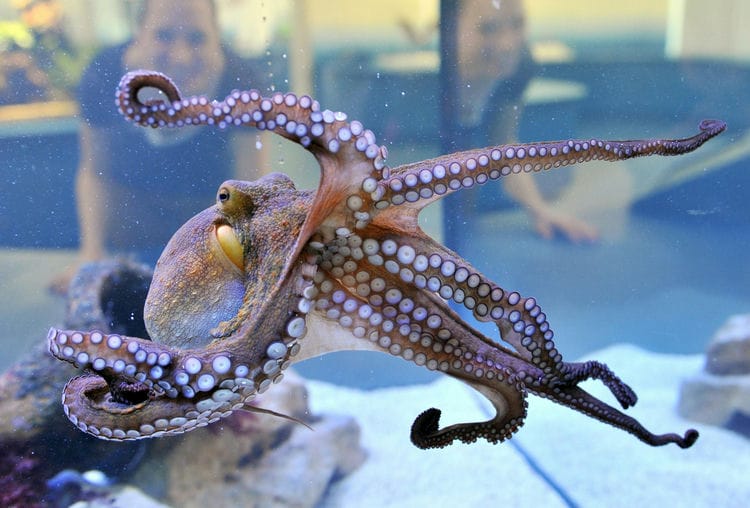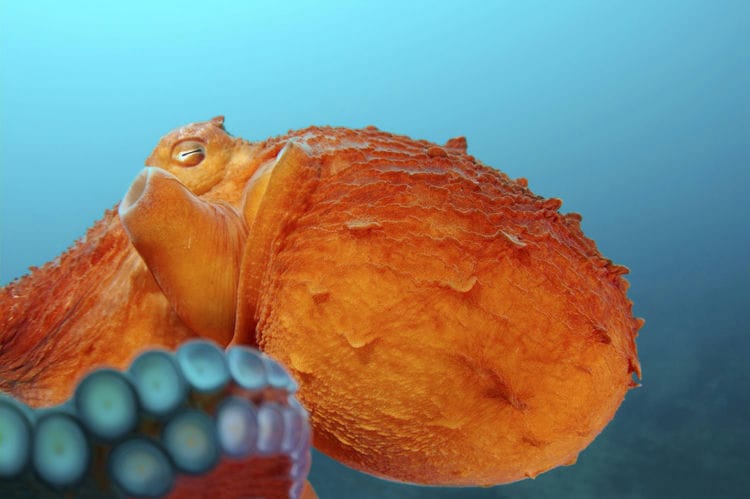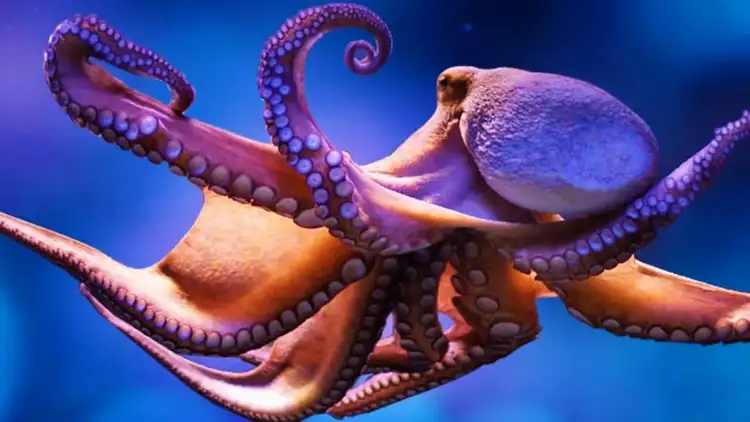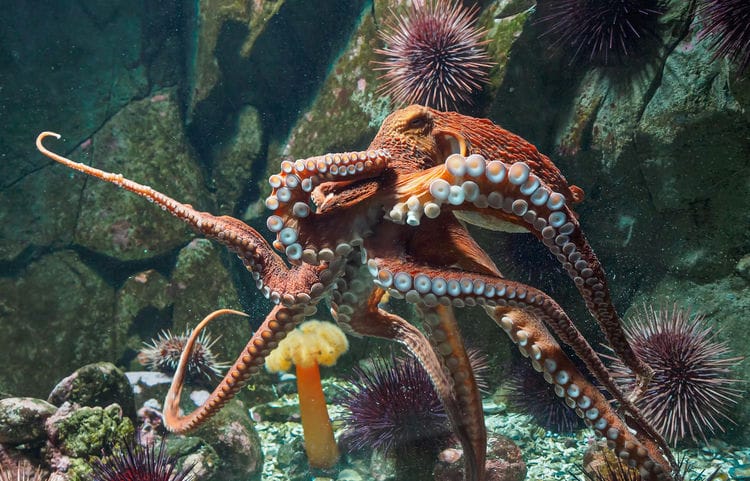MOVIE & LIFESTYLE NEWS
Exploring the Question: Are Octopus Endangered? | Your Guide to Octopus Conservation
Are octopus endangered? The query surfaces amidst growing concerns about the conservation status of marine life. Octopuses, with their enigmatic intelligence and remarkable adaptability, captivate both scientists and enthusiasts alike. However, their mysterious allure is overshadowed by the looming threat of endangerment with AlibayTrendy Store now.
Understanding Octopus Populations
Octopuses, belonging to the class Cephalopoda, are renowned for their exceptional cognitive abilities and unique biological characteristics. Their ability to solve complex problems, change color and texture for camouflage, and exhibit remarkable flexibility make them some of the most fascinating creatures in the ocean.

However, despite these remarkable traits, octopuses are not immune to the threats posed by human activities. Overfishing, driven by the demand for their meat and use as bait in fisheries, poses a significant threat to octopus populations worldwide.
Additionally, habitat destruction, including coastal development and the degradation of essential habitats such as coral reefs and kelp forests, further exacerbates the challenges faced by these intelligent cephalopods. Pollution, ranging from plastic debris to chemical contaminants, also poses a threat to octopus health and survival, affecting both individuals and their ecosystems.
Are Octopus Endangered?
The assessment of octopus endangerment involves comprehensive analysis encompassing various factors. Scientists gather species-specific data through field studies, monitoring population sizes, reproductive rates, and distribution patterns.

These data are crucial for understanding the current status of octopus populations and identifying trends over time. Habitat degradation is another critical factor in assessing endangerment. Octopuses rely on specific habitats for shelter, mating, and hunting, and any degradation or loss of these habitats can have significant consequences for their survival. Like all marine life, they are seriously threatened by pollution, loss of habitat, and over-fishing.
Population trends provide insights into the trajectory of octopus populations, with declines indicating potential endangerment. While some octopus species exhibit stable populations, others face alarming declines, underscoring the need for urgent conservation action to protect these extraordinary creatures and their habitats for future generations.
Conservation Efforts: Safeguarding Octopus Habitats
Preserving octopus populations and their habitats requires concerted conservation efforts. Collaborative initiatives involving scientists, policymakers, and local communities play a pivotal role in mitigating threats and promoting sustainable practices.

Marine protected areas (MPAs) are designated zones where human activities are regulated to conserve marine ecosystems, including octopus habitats. These protected areas provide crucial sanctuaries where octopuses can thrive without the pressures of overfishing and habitat degradation.
Additionally, habitat restoration projects aim to rehabilitate degraded ecosystems, such as coral reefs and seagrass beds, essential for octopus survival. By restoring these habitats, conservationists create healthier ecosystems that support robust octopus populations.
Furthermore, promoting responsible fishing practices, such as implementing size and catch limits, reduces the impact of fishing on octopus populations and allows for their sustainable exploitation.
Promoting Awareness and Advocacy
Raising awareness about octopus conservation is essential for garnering public support and fostering advocacy. Educational campaigns, outreach programs, and scientific research play vital roles in enhancing understanding and appreciation for these remarkable creatures.

Through educational initiatives, individuals learn about octopus biology, ecology, and the threats they face, inspiring them to take action to protect these marine marvels. Outreach programs engage communities, encouraging local participation in conservation efforts and fostering stewardship of marine resources.
Scientific research contributes valuable data on octopus populations, behaviors, and habitats, informing conservation strategies and policy decisions. By engaging the public in conservation efforts, individuals are empowered to make informed choices and take proactive steps towards protecting marine biodiversity, including octopuses and their habitats.
As we reflect on the importance of preserving octopus populations and their habitats, let’s also consider how we can show our support in everyday life. Embracing marine conservation can extend beyond awareness and advocacy, encompassing lifestyle choices that align with our values.
At AlibayTrendy Store, you can make a statement while contributing to the cause by purchasing an Octopus Hawaiian Shirt. Not only does this vibrant garment add flair to your wardrobe, but it also symbolizes your commitment to protecting marine biodiversity. With each purchase, you’re not just acquiring a stylish piece of clothing; you’re investing in the future of our oceans.
Join us in promoting octopus conservation and expressing your passion for marine life through fashion. Visit AlibayTrendy Store today and make a difference with every wear.
